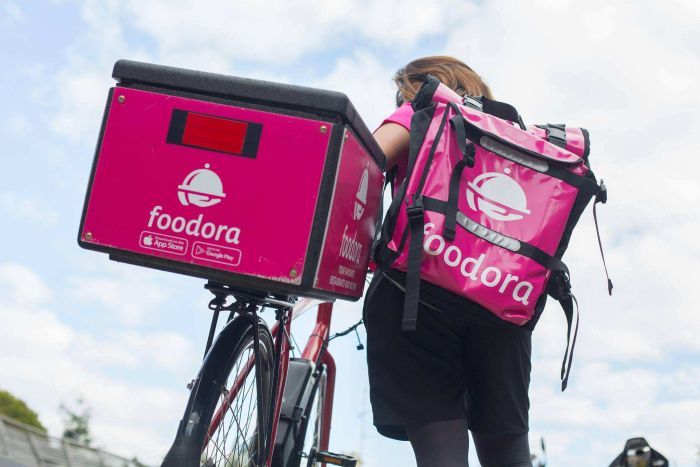Having determined a Foodora delivery rider was an employee rather than a contractor, and had been terminated unfairly, the Fair Work Commission has reiterated that as an employer, just because you call someone something other than an employee won’t necessarily make it so.
The Commission found that due to the control Foodora exercised over shifts, including the place of work, and start and finish times, as well as “ratings systems” all contributed to the relationship being one of employment.
By classifying riders as independent contractors, Foodora’s business model avoided paying annual leave, sick leave, superannuation and other costly employee entitlements.
In fact, the Commission described the batching system used by Foodora as an oppressive hierarchy that punished those riders who were not as active. To stay at the top of the rankings system riders had to maintain a high weighting of various factors:
- Work on Friday, Saturday and Sunday evenings, after 7:00pm (25% weighting)
- Deliver more food per hour than other riders “working in the same area” at the “same time” (40% weighting)
- Make sure they don’t miss any shifts (25%)
- Not log-in to the Foodora app more than 10 minutes late (5%)
- Work more “average weekly hours” than everyone else (5%)
Riders who had other jobs or went on holidays fell to the bottom of the list. Not exactly first cab off the rank type stuff, nor evidencing a true contractor relationship.
Other options were available
There were other options if the claim that the rider was not an employee wasn’t successful. If the rider had been found to be a contractor, he may have had a few other options to pursue against the company, albeit they were already heading towards administration. There is the Independent Contractors Act, and the related unfair contracts jurisdiction it creates.
Perhaps even the various and preserved state based ‘outworker’ laws may have an effect on other gig-economy platforms where a ‘contractor’ performs work at a place that would not normally be thought of as a business, such as in someone’s home.
Further, if they operate in NSW there are the near forgotten, but nevertheless preserved, Transport Industry Contract Determinations, that continue to have application to ‘owner drivers’ (including bicycle riders) entering into contracts for the carriage of goods in NSW. Although these may form part of future arguments particularly for Uber drivers as they have been knocked twice previously in attempts to be viewed as employees.
Lessons for businesses associated with disrupting delivery platforms
Determining an employment relationship, by contrast to an independent contractor engagement, is reached by applying a multifactor test, however the ‘control test’ remains one of the major factors and most obvious indicators of an employee/employer relationship. The more control you can and do exert over an individual, the more likely the individual is to be an employee, no matter what you call them.
Although an ‘independent contractor agreement’ may be in place, the reality of the relationship will always be the true determining factor. Further, if you use an independent contractor agreement and the opposite is found, that could be viewed as ‘sham contracting’ which attracts a greater monetary penalty.
Finally, and if they haven’t done so already this year, this decision should prompt any operator in the ‘gig-economy’ space to revisit their business model for possible exposure, and seek advice on both the implications of the decision as well as possible exposure.
As stated in my article in June, legal proceedings in this space should be of interest to you. Most hospitality businesses have either invested in growth based on the popularity of these delivery services or are signed up to one or more of them.
Do not find yourself exposed to any accessorial liability as a result of bad business practices of an outsourced service.
Image credit: ABC

